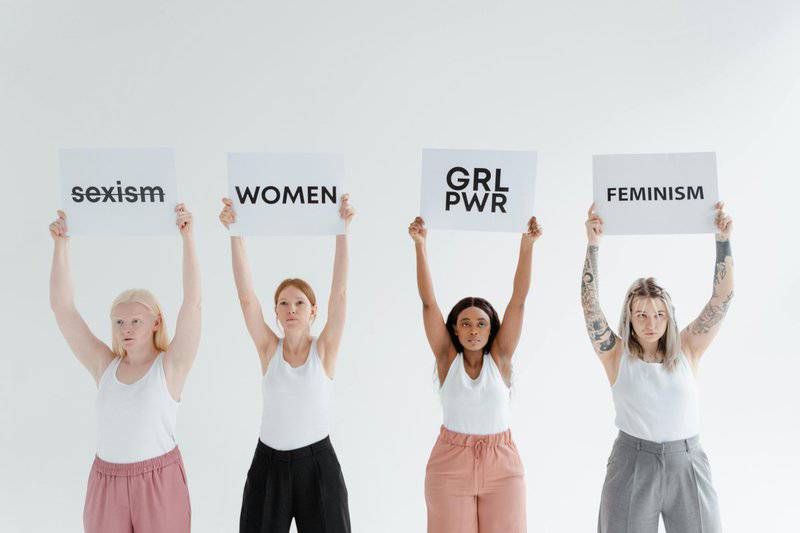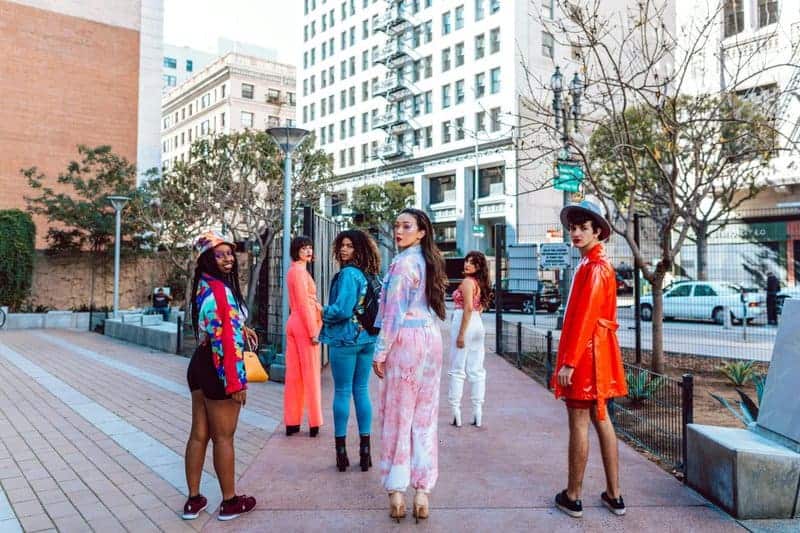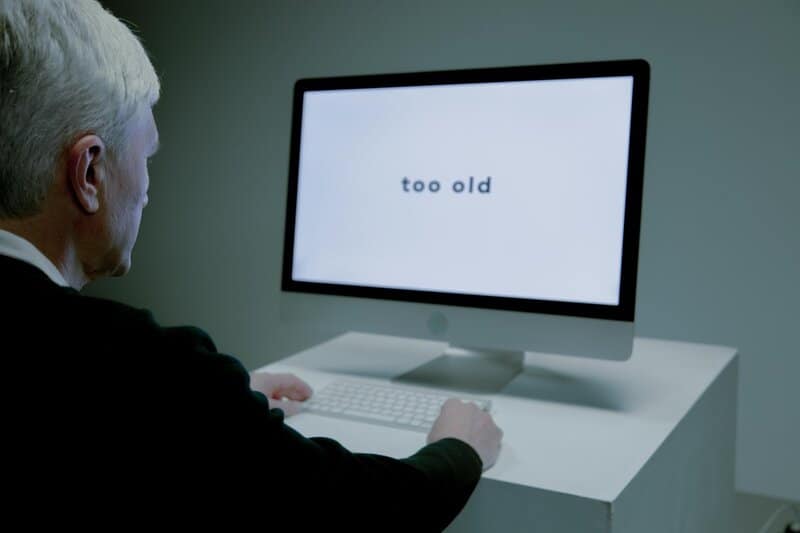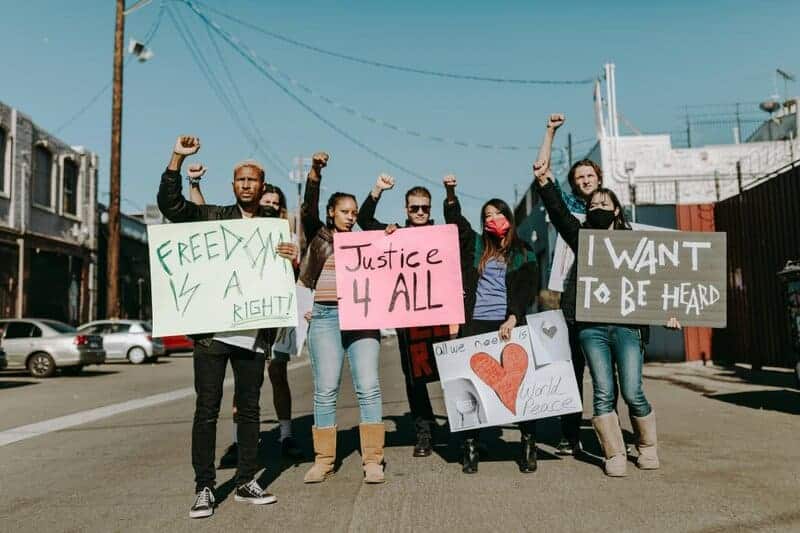Humor has always been a reflection of its time, capturing the essence of societal norms, values, and taboos. Yet as society evolves, so do our sensitivities and understanding of ethical boundaries. What was once casually laughed off may now be recognized as deeply offensive, insensitive, or harmful. Today’s cultural landscape calls for greater awareness of social issues, emphasizing empathy, respect, and inclusivity. Reflecting on jokes from the past that no longer hold up not only highlights our ongoing growth but also underscores the importance of thoughtful humor that aims to uplift rather than marginalize. Here, we explore twenty jokes that once garnered laughs but now clearly cross the line.






















